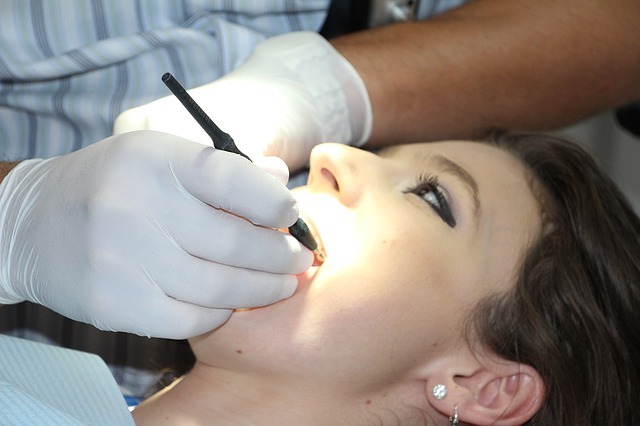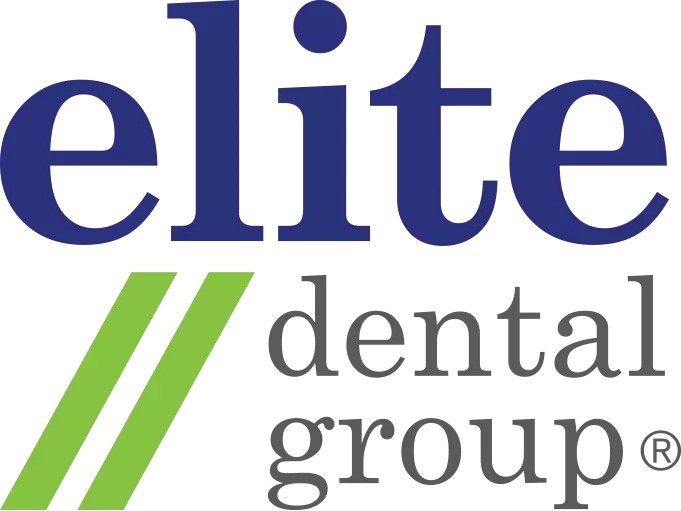Jaw clenching and teeth grinding (also known as bruxism) is often attributed to anxiety or stress. People with bruxism may grind and clench during sleep (sleep bruxism). They can also clench their teeth while awake albeit unconsciously (awake bruxism).

Sleep bruxism is classified as a sleep-related movement disorder. That being said, people who grind or clench their teeth during sleep are also likely to have other sleep disorders like sleep apnea and snoring.
Mild cases of bruxism may not require any treatment. However, bruxism treatment is warranted when the symptoms are severe enough to result in damaged teeth, headaches, jaw disorders and other complications.
Unfortunately, some patients don’t seek bruxism treatment as soon as possible as they are unaware of the situation until complications develop. If you notice the following signs and symptoms, do consider checking with your dentist right away as you might have bruxism.
Prevalent symptoms
Some of the most common signs and symptoms of bruxism include:
● Teeth clenching or grinding (sometimes loud enough to wake your sleep partner)
● Fractured, flattened, loose or chipped teeth
● Worn tooth enamel (at times exposing the tooth’s deeper layers)
● Increased tooth sensitivity or pain
● Tight or tired jaw muscles
● Locked jaw (won’t close or open completely)
● Face, neck, and jaw soreness or pain
● Pain that’s identical to an earache (but you have no problems with your ear)
● Dull headache that originates in the temples
● Sleep disruption
● Damage on the inside of the cheek (from chewing)
Possible complications
In mild cases, bruxism does not have any serious complications. However, severe cases of bruxism can lead to:
● Damage to crowns, jaw, restorations, or teeth
● Severe jaw or facial pain
● Tension-type headaches
● Disorders in the temporomandibular joints (TMJs)
Diagnosis
Evaluation
If dentists suspect bruxism, they’ll look for changes in the mouth and teeth over the next several visits to gauge if the condition is progressive. Routine checks are also done to determine if you need treatment.
Finding out the cause
To determine the cause of bruxism, dentists will ask questions about the patient’s general health, daily routine, medications, and sleep habits.
To evaluate the extent of the condition, the following will be looked into:
● Tenderness in the jaw muscles
● Glaring dental abnormalities (i.e. missing or broken teeth)
● Other damage to the teeth, the inside of the cheeks, and the underlying bone (usually through X-rays)
Referral
If bruxism is related to major sleep issues, patients will most likely be referred to a sleep medicine specialist. A sleep medicine specialist will conduct more tests to check for sleep apnea or other sleep disorders.
If the condition is attributed to anxiety, stress, or other psychological issues, patients will be referred to a counsellor or licensed therapist.
Treatment
In a lot of cases, treatment is not really necessary. Kids with bruxism usually outgrow the condition even without treatment. The condition is also not that severe in some adults that medical intervention is necessary.
However, in cases where the condition is severe, possible interventions include therapies, medications, and dental approaches. This is done to relieve discomfort and avoid further damage.
Lastly, discussing interventions with the dentist is recommended as they know what’s best for each case.

 Elite Dental Group
Elite Dental Group